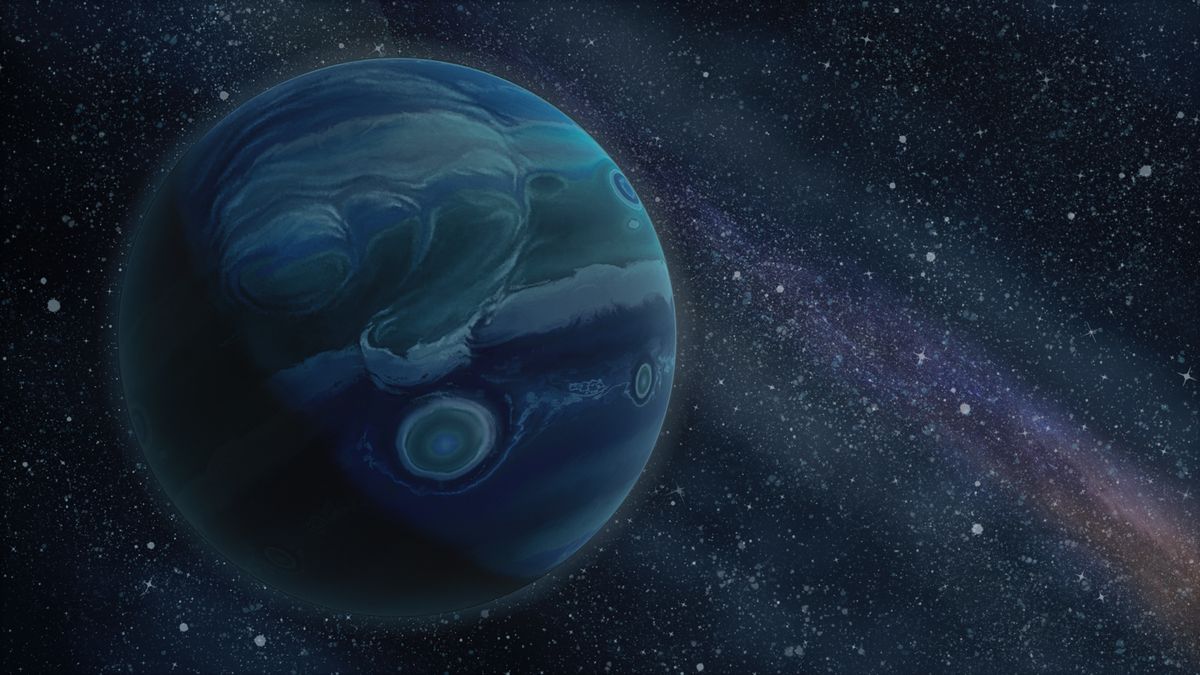Big Think
Big Think is a news site focused on making readers smarter and faster by introducing them to innovative ideas and bright minds in various fields. The site covers topics related to science, technology, education, and human behavior with an emphasis on challenging common assumptions and encouraging new ways of thinking. Articles are well-researched, informative, and engaging. While there is no direct conflict of interest identified for the site or its articles, one article contains a deceptive claim without evidence or citation.
70%
The Daily's Verdict
This news site has a mixed reputation for journalistic standards. It is advisable to fact-check, scrutinize for bias, and check for conflicts of interest before relying on its reporting.
Bias
88%
Examples:
- The site features a variety of perspectives and topics, often challenging common assumptions and encouraging new ways of thinking.
Conflicts of Interest
75%
Examples:
- One article mentions ownership by Freethink Media and their focus on solutions-based news, but no direct conflict of interest is identified.
Contradictions
97%
Examples:
- There are no major contradictions found in the articles.
Deceptions
40%
Examples:
- One article contains a claim about the National Academies of Sciences agreeing on a balanced portfolio for astronomy and astrophysics without providing evidence or citation to support the statement.
Recent Articles

Newly Discovered Intermediate-Mass Black Hole in Omega Centauri: A Mystery Solved?
Broke On: Wednesday, 10 July 2024
The Elusive Planet Nine: Evidence, Skepticism, and the Ongoing Search for a Hypothetical Outer Solar System Giant
Broke On: Saturday, 28 August 2021
Newly Discovered Particle Aligns with Predictions of Glueball, a Theoretical State Made of Gluons
Broke On: Wednesday, 08 May 2024